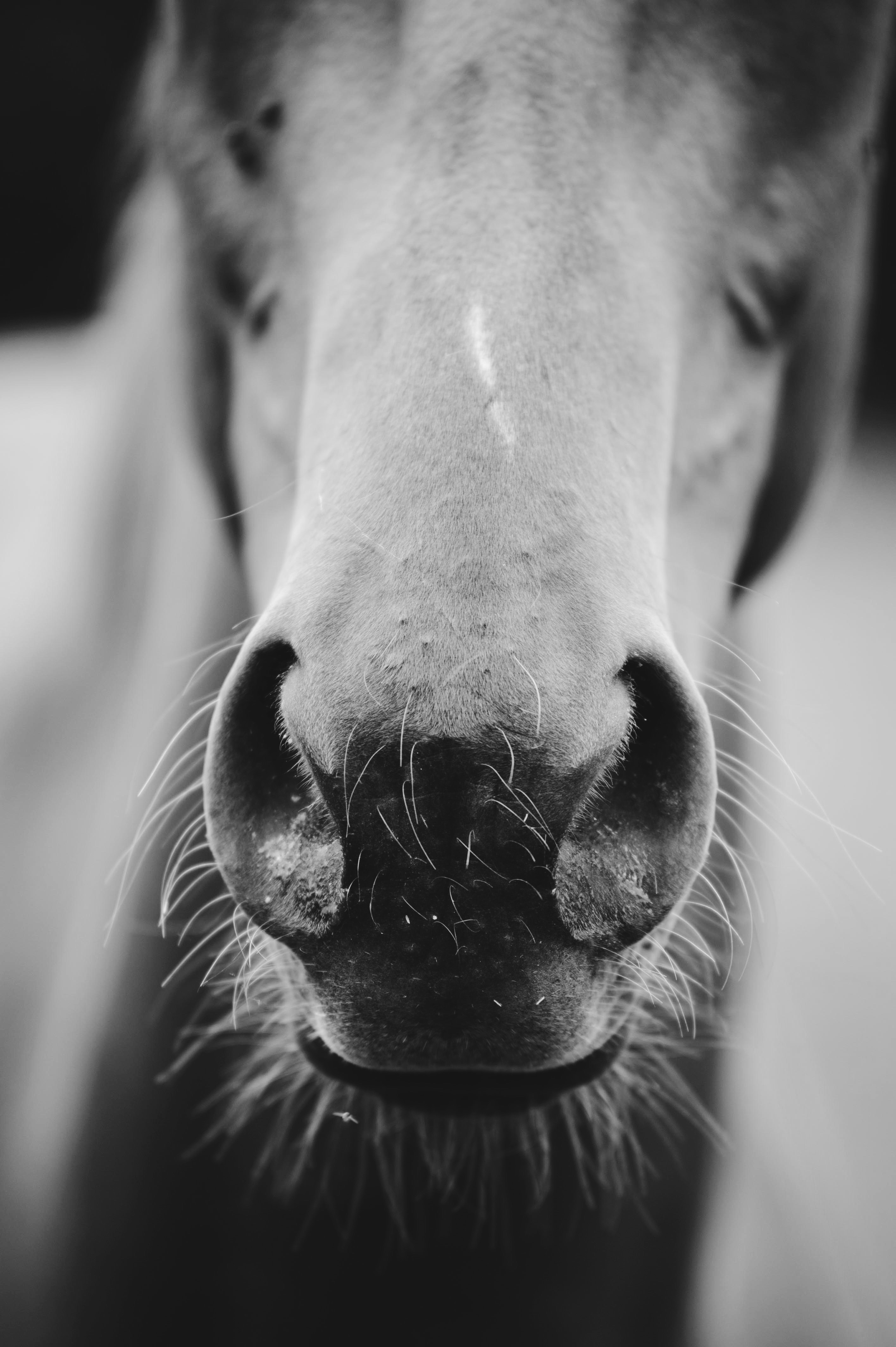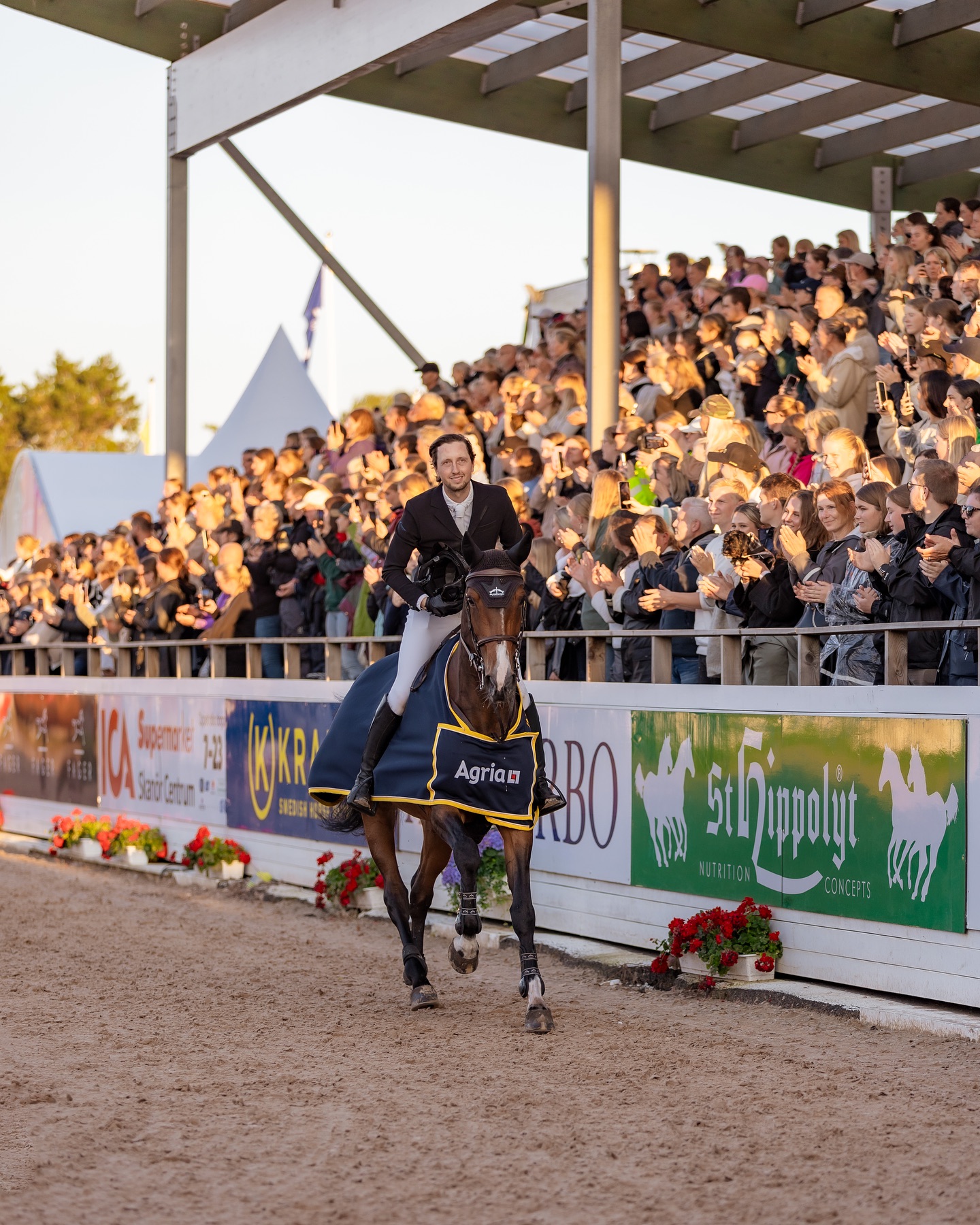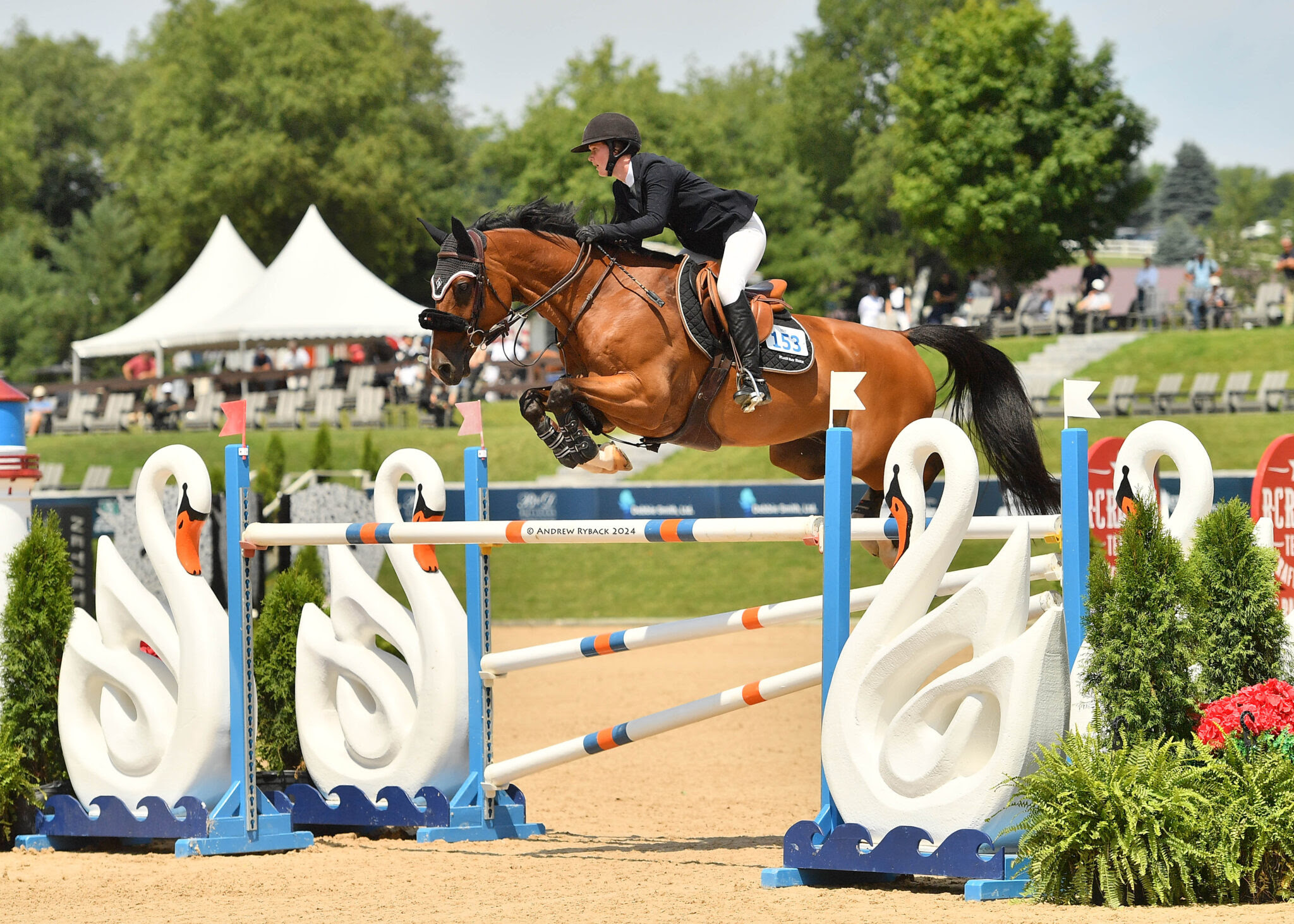After the rhino outbreak in Valencia it was already clear that something had to change in the vaccination policy to prevent a similar outbreak in the future. The German equestrian federation FN has understood this and is now giving a strong signal by making the vaccination against Rhino compulsory for competition horses. This is not yet the case in the current FEI regulations. The compulsory vaccination of horses will take effect on 1 January 2023.
"In order to avoid a shortage of vaccines, we have decided not to make it compulsory until 2023," it sounds. "In the spring of 2021, 18 horses died in Valencia as a result of the rhinovirus. We must therefore do everything we can to prevent such a tragedy in the future. The Sports Advisory Board therefore discussed the advantages and disadvantages of compulsory vaccination and we concluded that the advantages outweighed the disadvantages".
"The main purpose of vaccination is to reduce a spread of viruses in the horse population," said FN vet Enrica Zumnorde-Mertens. "However, vaccination cannot protect a horse from infection and disease. The vaccine is also less active when vaccinated and unvaccinated horses are kept together".
Source: FN



